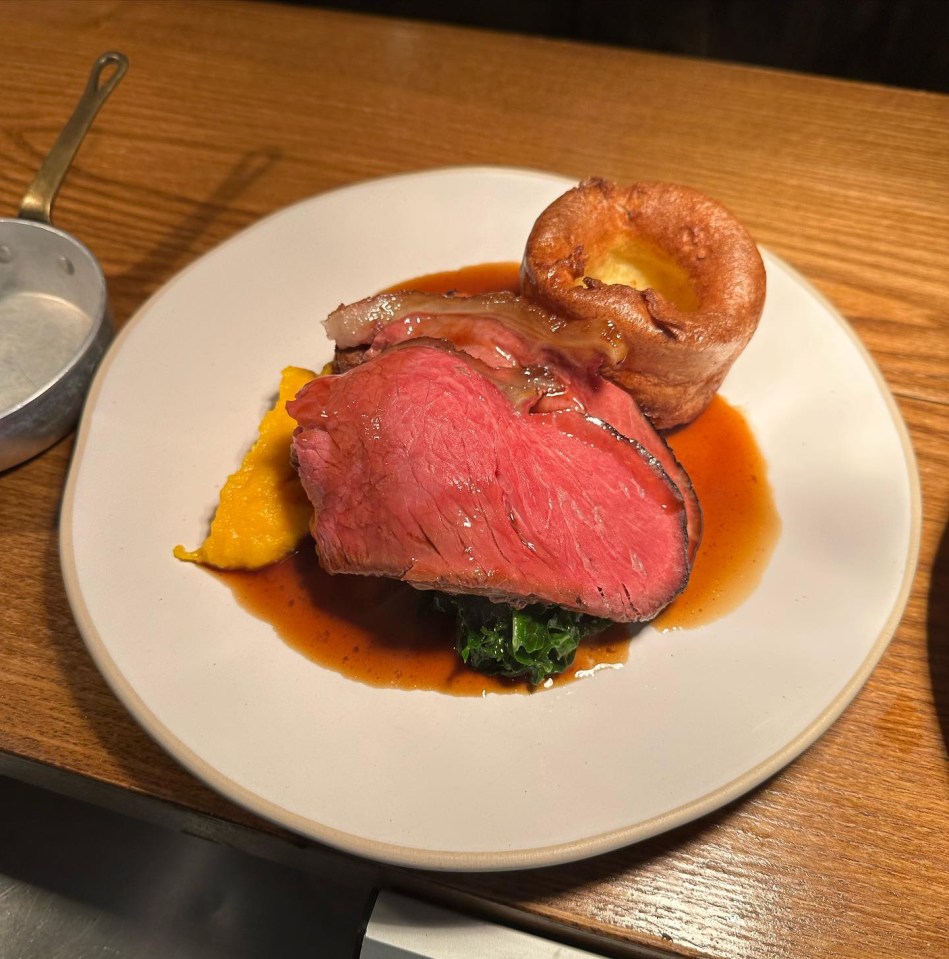China has offered the first public look at its latest stealth fighter, as Beijing modernises its military to compete with Washington for air superiority amid growing tensions in the region.
The land-based J-35A stealth fighter was unveiled at the opening on Tuesday of the China International Aviation & Aerospace Exhibition in Zhuhai, southern China, with a five-minute aerial demonstration.
A model of a carrier-based version of the J-35 was also on display, according to state media. The biennial air show is one of Asia’s biggest military aircraft conventions.
Although details about the J-35’s performance are limited, analysts said its launch marked a critical step in China’s efforts to modernise its military and challenge US dominance in the Asia-Pacific region, especially around Taiwan, over which Beijing claims sovereignty.
This year’s air show was designed to send “the message that [China’s military] is equal to the US and the rest of the west”, said Carl Schuster, a military analyst and former director of operations at US Pacific Command’s joint intelligence centre.
“US forces have enjoyed . . . air supremacy in every post-world war two conflict. China’s growing air power challenges that now-traditional western advantage,” he added.
With the rollout of the J-35, China joins the US as the only countries able to produce more than one series of stealth fighters. It is also the only country actively producing two series, after the US halted production of its F-22 Raptor.
“China has caught up in terms of the range of hardware it has, at least on display,” said James Char, assistant professor and an expert on China’s military at the S Rajaratnam School of International Studies at Singapore’s Nanyang Technological University.
“But in terms of catching up with the Americans, most analysts would put it at least still 10-15 years behind,” he added, noting other aspects of military deployment such as training and operational readiness.
The J-35, which was developed over a decade by Shenyang Aircraft Corporation, a unit of the state-owned Aviation Industry Corporation of China, will join China’s air-to-air focused J-20 stealth fighter, which entered service in 2017.
Schuster estimated that the first of the J-35s would join the Chinese air force’s operational exercises in March 2026.
With air-to-surface and air-to-air strike capabilities and the ability to take-off from aircraft carriers, the J-35 series is designed to match the capabilities of the US F-35 stealth jet series, said Ni Lexiong, a Shanghai-based analyst.
But Beijing has yet to announce a version that can take off and land vertically, as the F-35B can, said Ni.
Peter Layton, associate fellow at the Royal United Services Institute think-tank, noted that the J-35 was entering service nearly 10 years after the US F-35 and came as Washington was already working on next-generation aircraft.
But China’s manufacturing prowess meant the J-35s could be easier and cheaper to build than their costly US equivalents, giving them an advantage in potential export markets, he said.
The emergence of the J-35 also comes as the nature of air combat is changing, said Layton, with both countries increasingly looking to unmanned aircraft operated by artificial intelligence.
This year’s air show also included Russia’s Sukhoi Su-57, a sign of the “broadening and deepening” relations between Beijing and Moscow, said Collin Koh, senior fellow at the S Rajaratnam School.




















































































































































































You must be logged in to post a comment Login